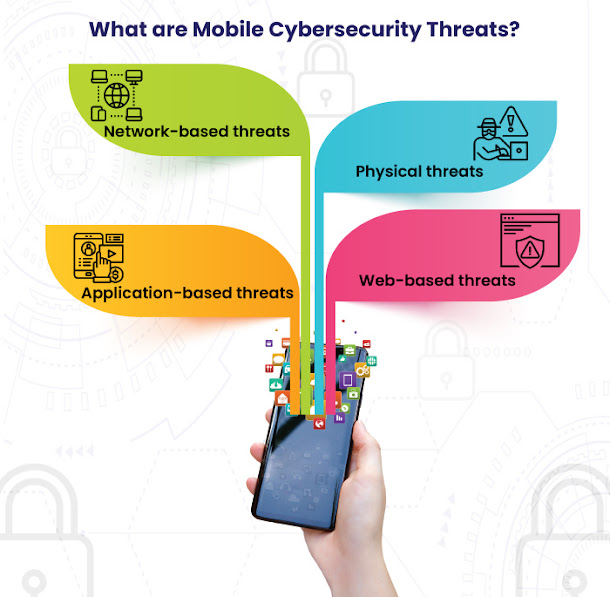Conversational Marketing MZ Marketing
Conversational marketing refers to a personalized and real-time approach to interacting with customers using various conversational channels, such as chatbots, messaging apps, and live chat. The goal is to engage and assist customers in a natural and interactive way, providing them with immediate responses and guidance throughout their journey. Conversational marketing is often associated with AI-driven technologies that enable businesses to automate and enhance their customer interactions.
https://www.facebook.com/profile.php?id=61551711857893&mibextid=ZbWKwLMZ MARKETING
Key aspects of conversational marketing:
1. Real-Time Interactions: Conversational marketing aims to provide immediate responses to customer queries, creating a more engaging and responsive experience. This can lead to faster decision-making and improved customer satisfaction.
2. Chatbots and Virtual Assistants: AI-powered chatbots and virtual assistants play a central role in conversational marketing. These automated systems can handle routine inquiries, guide users through product or service information, and assist with transactions. They are available 24/7, providing around-the-clock support.
3. Multichannel Communication: Conversational marketing extends beyond traditional channels and embraces various platforms, including website chat, messaging apps (e.g., WhatsApp, Facebook Messenger), SMS, and more. This enables businesses to reach customers on the platforms they prefer.
https://www.facebook.com/profile.php?id=61551711857893&mibextid=ZbWKwLMZ MARKETING
4. Personalization: Conversational marketing allows for personalized interactions by leveraging customer data. AI algorithms can analyze user behavior and preferences, tailoring responses and recommendations to individual customers.
5. Lead Generation: Chatbots in conversational marketing can be used for lead generation by engaging website visitors, qualifying leads based on their responses, and guiding them through the sales funnel. This helps businesses capture valuable information and identify potential customers.
6. Customer Engagement and Retention: By maintaining ongoing conversations with customers, businesses can build relationships, address concerns, and provide continuous value. This contributes to customer loyalty and retention.
7. Analytics and Insights: Conversational marketing platforms often include analytics tools that track user interactions, sentiment, and other relevant metrics. This data can be used to refine marketing strategies, improve customer experiences, and identify areas for optimization.
https://www.facebook.com/profile.php?id=61551711857893&mibextid=ZbWKwLMZ MARKETING
8. Human-Agent Collaboration: While chatbots handle routine tasks, conversational marketing also recognizes the importance of human touch. For more complex issues or situations requiring empathy, businesses can seamlessly transition from automated interactions to human-assisted conversations.
Conversational marketing has become increasingly popular as businesses seek to create more personalized and efficient customer experiences. It aligns with the changing preferences of consumers who often prefer instant, conversational interactions over traditional forms of communication. As technology continues to advance, conversational marketing is likely to evolve with more sophisticated AI capabilities and integrations across various platforms.
https://www.facebook.com/profile.php?id=61551711857893&mibextid=ZbWKwLMZ MARKETING




Comments
Post a Comment